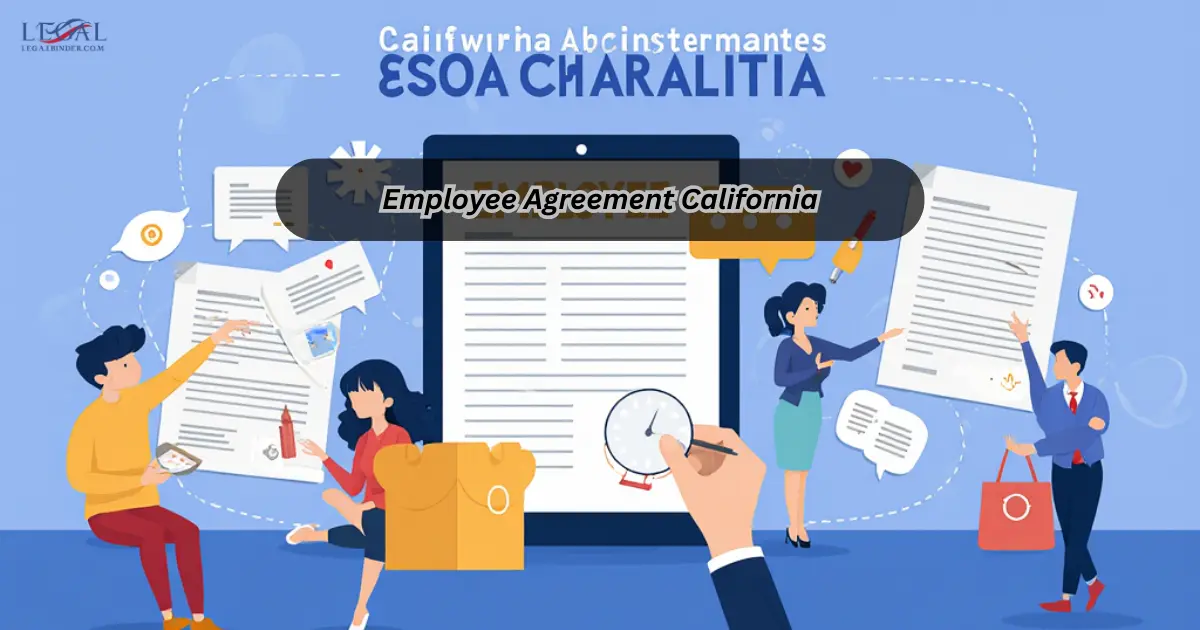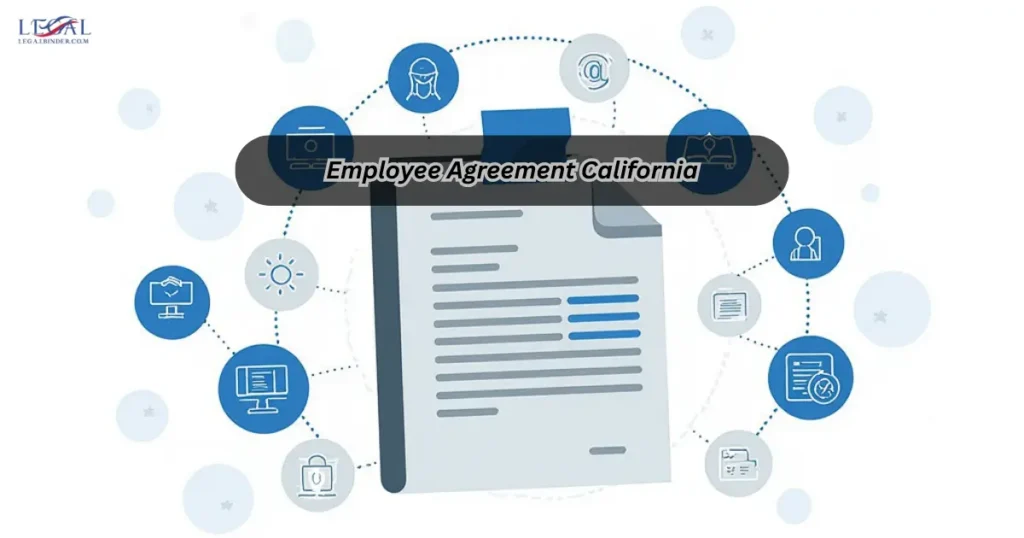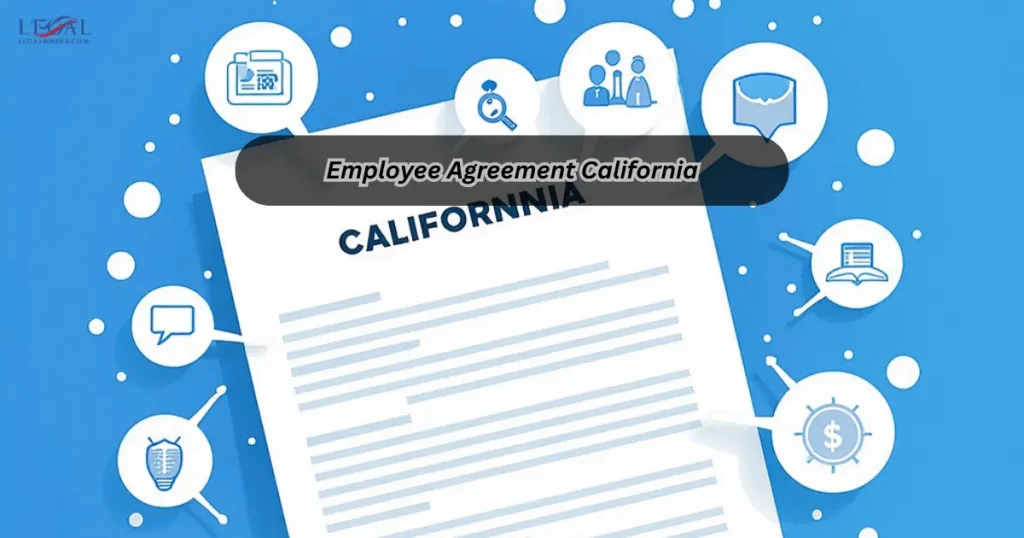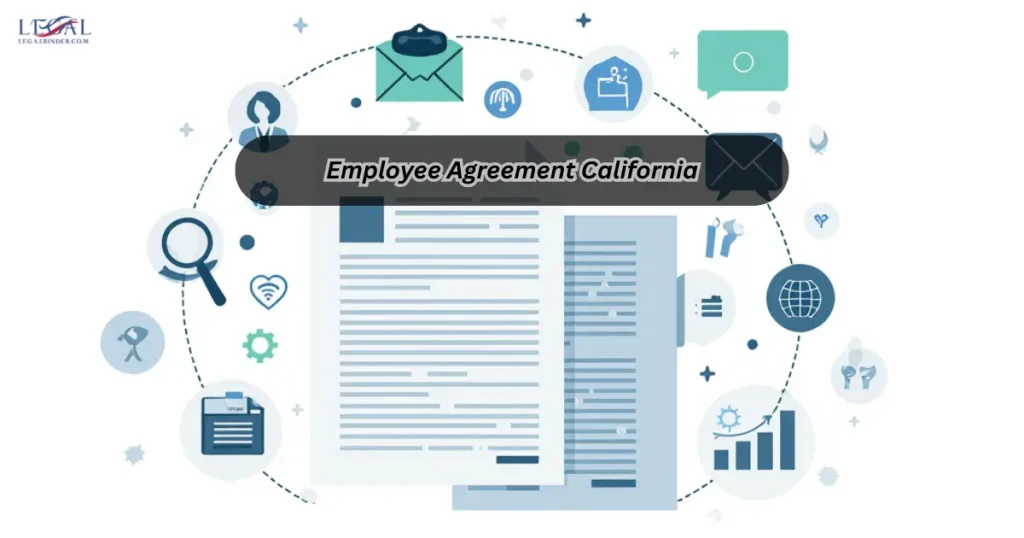Physical Address
304 North Cardinal St.
Dorchester Center, MA 02124
Physical Address
304 North Cardinal St.
Dorchester Center, MA 02124

Signing an Employee Agreement California is one of the most important steps in shaping your career and protecting your rights. Whether you are just starting a new job or negotiating terms with your employer, the contract you sign can influence your pay, benefits, responsibilities, and even how disputes are resolved. Many employees rush through agreements, only to realize later how much those pages dictated their future.

In this comprehensive guide, you’ll discover the key elements of employee agreements in California, why they matter, and how you can protect yourself. By understanding these essentials, you gain clarity, confidence, and peace of mind in your career journey.
For more resources on employment law and state-specific guides, start at our homepage.
In California, employment agreements are more than formalities—they define the relationship between you and your employer. While California is an at-will state, contracts can override or clarify certain rights and obligations.
Learn more from the official California Department of Industrial Relations: California DIR.
Details about your pay structure, bonuses, commissions, and benefits (healthcare, retirement, vacation). This section protects you from wage disputes. Check California’s wage laws here: DLSE Wage FAQs.
Outlines your role and responsibilities. Clear definitions prevent misunderstandings about what is expected.
While most jobs are at-will, agreements may include notice requirements, severance, or specific termination clauses. WARN Act rules may apply in mass layoffs: California WARN Act.
Many employers require NDAs to protect sensitive business information. California enforces these with limitations.
California largely bans non-compete agreements, but some narrow exceptions exist. Source: California Attorney General.
Some agreements include arbitration or mediation clauses. Understanding this ensures you know where conflicts will be handled.
If you create inventions or content, employers may include ownership clauses. California law offers protections, but review carefully.

Employers must ensure contracts comply with California’s labor codes.
No, not all jobs require one, but agreements can clarify rights and responsibilities for both parties.
In most cases, no. California law prohibits non-competes except in very limited circumstances.
Employers may withdraw an offer, but they cannot force you to waive rights protected under law.
You can compare it with California labor codes or consult an employment attorney. Resources: California DIR.
An Employee Agreement California is more than paperwork—it is the foundation of your professional future. By learning the key elements, understanding your rights, and knowing what to look out for, you empower yourself to make decisions that benefit your career and protect your well-being.

Whether you’re negotiating a first job or reviewing terms at a senior level, approach agreements with confidence and knowledge. For more legal resources and detailed state-specific guides, visit our homepage.